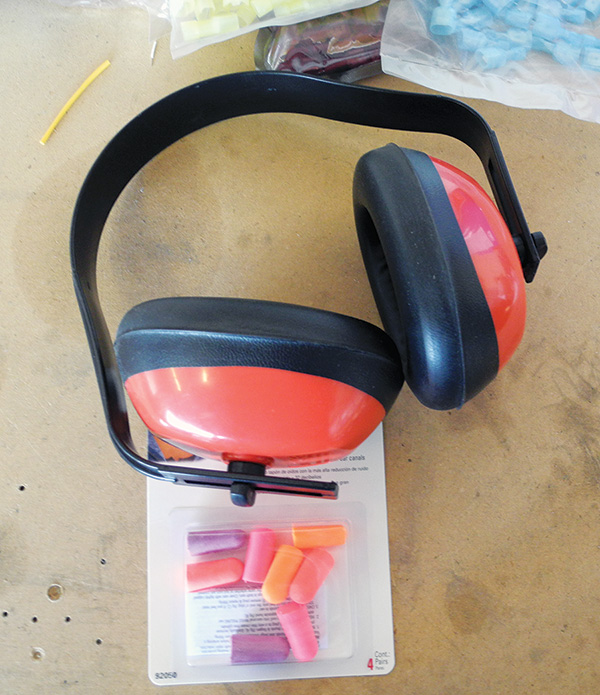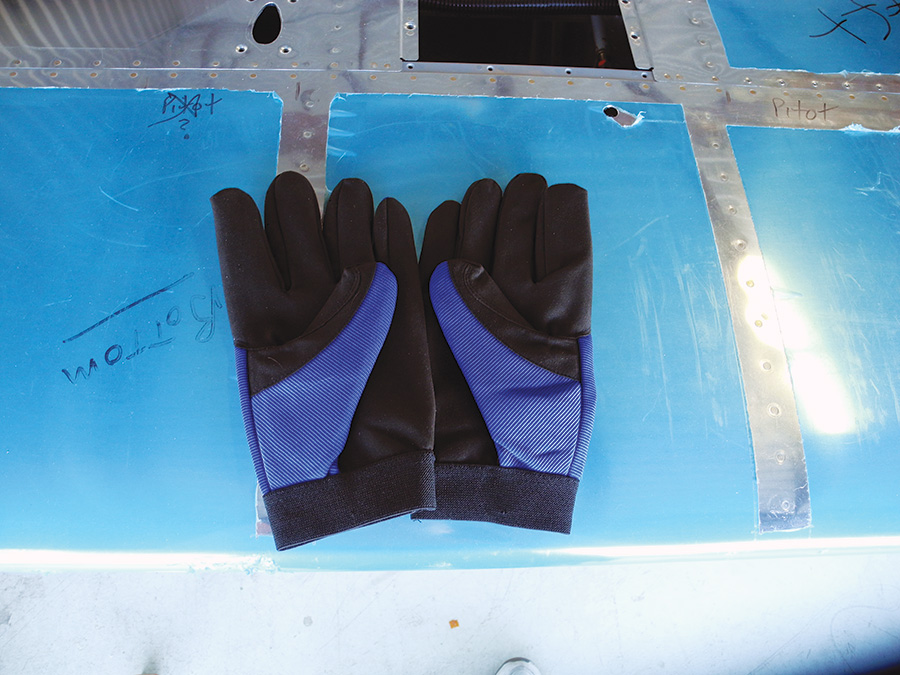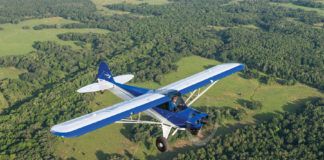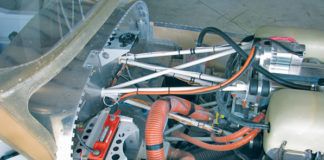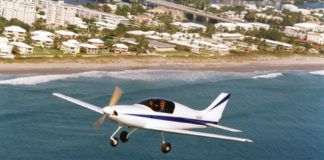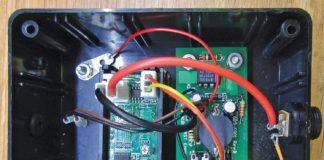I was in a shop the other day where a guy was drilling wingskins. After he drilled a bunch of holes, he was about to sweep the shavings onto the floor with his hands. I said, “Hey, don’t do that. Get your brush. Don’t you remember shop class?”
He said, “Shop class? I took a computer class.”
In the old days, every male took shop. Ten weeks each of wood, metal, drafting, and electrical. This is where we learned basic shop safety. Today I guess things are different, and I realize that not everyone got the basics.
Shop safety is a lot deeper than just 10 tips, but here are a few to help you get thinking:
1. Spinning things throw things. When using tools like drills, sanders, and saws, be sure to wear safety glasses. Polycarbonate prescription glasses are OK, but they do not offer side protection. Safety glasses are cheap, so keep a few extra around.
2. Hitting things can also throw debris. Steel hammers on steel punches can create high speed projectiles. Safety glasses or goggles are a must.
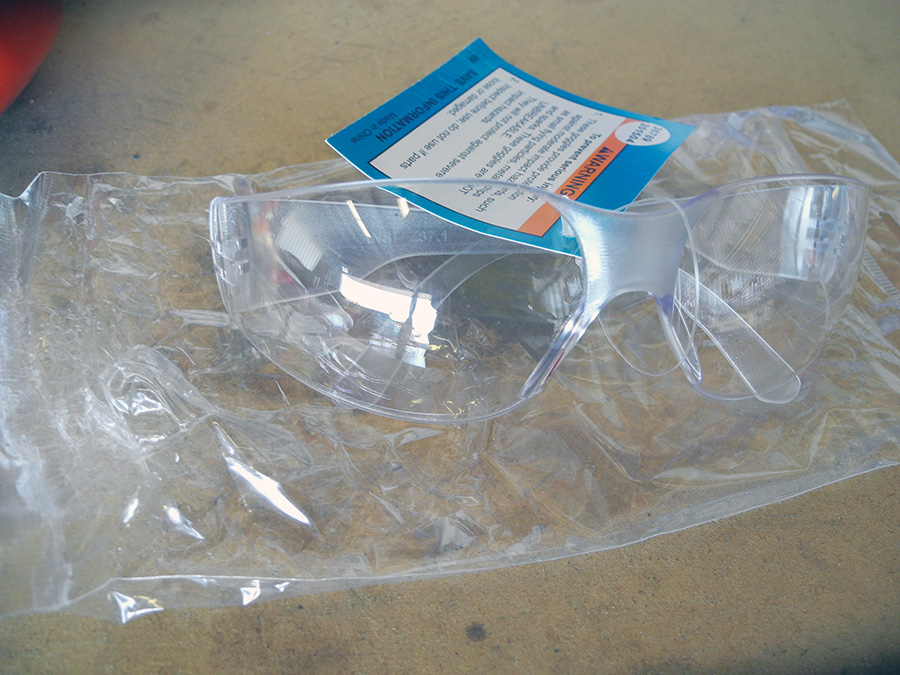
Wraparound safety glasses are easy to use, but are not a replacement for goggles or a full-face shield.
3. Compressed air is a great source of energy, but rapid release of air is a good source of noise, too. For drilling or sanding, earplugs are good. For riveting or grinding, over-the-head hearing protection is required, even if you are just doing one rivet.
4. Metal work often involves handling sharp objects. A good pair of mechanic’s gloves will help prevent cuts. Cleaning up metal cuttings should involve a brush and dustpan or Shop Vac. Not your hands!
5. Airborne dust is bad for your lungs. A good disposable dust mask will help keep you clear. Dust masks are for dust only though, not chemicals.
6. When working with chemical aerosols like paints and solvents, an organic respirator is more than a good idea. Self-etching primer can self-etch lungs, too. Talk to your paint vendor about appropriate safety equipment. Rule of thumb: If you can smell it, you are probably not using the right equipment.
7. A clean shop is a happy shop. Don’t forget about tripping hazards. Debris on the floor, electrical cords, or air hoses can send you to the hospital. Climbing in and out of a plane with a broken hip can be a chore.
8. Flammable chemicals are a big part of Experimental aviation. Paints, glues, oils, and solvents should be properly sealed and stored. Remember to properly dispose of contaminated rags.
9. Good shop lighting is a safety issue, too. Try using a table saw or bandsaw in the dark.
10. Safety equipment like earplugs, dust masks, and safety glasses are inexpensive. Buy an extra few sets and keep them in the shop for when you get visitors. Let them keep the earplugs or mask when they leave.
We don’t often think about shop accidents, and we usually believe that is the kind of stuff that happens to the other guy. Do an Internet search on “shop safety” for a good source of information. Don’t let the emergency room nurse be your safety instructor.

![]()
David Boeshaar is a systems analyst for corporate Disney. A former mechanic, teacher, and computer help desk guru at a major university, he is now building a Van’s RV-9A for fun with his brother-in-law. As the new guy in aviation, Dave has learned lots, both good and expensive, and hopes to pass along a little help to the builders coming up behind him.


